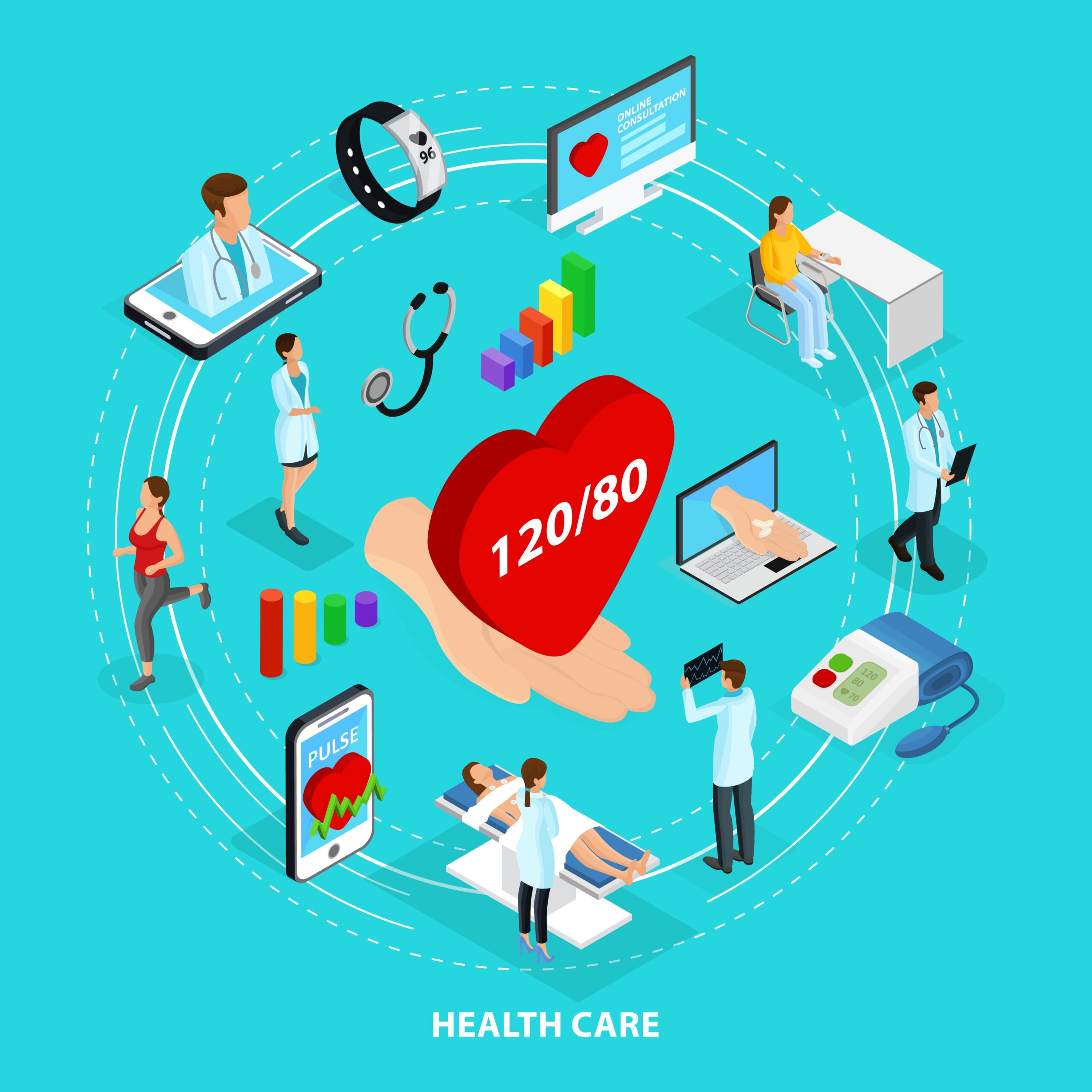As we move further into the 21st century, the healthcare landscape continues to evolve at a rapid pace. The year 2025 is just around the corner, and with it, we can expect significant shifts in how healthcare is delivered, managed, and experienced. These changes will be driven by advancements in technology, new patient expectations, and an increasing focus on personalized care. Let’s dive into six key healthcare trends that are poised to shape the industry in 2025.
1. Telemedicine Becomes the New Normal
Telemedicine has already seen explosive growth in recent years, but by 2025, it will be fully integrated into everyday healthcare practices. No longer just a pandemic-era necessity, virtual consultations will become a mainstream option for patients. From routine check-ups to mental health support, telemedicine will enable people to access healthcare from the comfort of their own homes, reducing wait times and enhancing convenience. Expect to see even more specialized care available through virtual platforms, with AI-driven tools helping doctors make accurate diagnoses from a distance.
Impact on You: You’ll have greater flexibility in managing your health. With telemedicine, doctor’s appointments could be just a click away, saving time and improving access for people in rural or underserved areas.
2. AI and Machine Learning Revolutionize Diagnostics and Treatment
Artificial intelligence (AI) and machine learning are making waves in healthcare, and by 2025, these technologies will be deeply embedded in diagnosis and treatment processes. AI will help healthcare professionals analyze patient data, predict potential health risks, and create personalized treatment plans. With the ability to sift through vast amounts of medical information and spot patterns humans might miss, AI will improve diagnostic accuracy and enable faster interventions.
Impact on You: You can expect more precise and timely diagnoses. Whether it’s identifying early signs of cancer or managing chronic conditions, AI will play a crucial role in ensuring you receive the most effective treatment.
3. Personalized Medicine Takes Center Stage
By 2025, personalized medicine will become a central focus of healthcare. Thanks to advances in genomics and biotechnology, treatments will be increasingly tailored to individual patients based on their unique genetic makeup, lifestyle, and environmental factors. This trend will allow for more effective therapies, particularly in areas like cancer treatment and rare diseases. Rather than using a one-size-fits-all approach, doctors will be able to provide treatments that are specifically suited to each patient’s needs.
Impact on You: Personalized medicine means you will receive treatments that are more effective and less likely to have adverse side effects. This trend could dramatically improve outcomes, especially for those with complex or rare conditions.
4. Mental Health Becomes a Priority
Mental health awareness has grown significantly in recent years, but by 2025, it will be firmly embedded in mainstream healthcare. Mental health care will no longer be relegated to a niche area; it will be seen as just as important as physical health. Innovations in digital mental health tools, such as virtual therapy sessions, meditation apps, and AI-driven mental wellness platforms, will make mental health care more accessible and integrated into daily life.
Impact on You: You’ll have greater access to mental health resources. Whether it’s through online therapy, wellness apps, or workplace mental health programs, help will be more available and easier to access than ever before.
5. Health Data Becomes More Accessible (and Secure)
The importance of health data cannot be overstated, and in 2025, it will be more accessible and secure than ever. With advancements in cloud storage and blockchain technology, patients will have more control over their health information. Digital health records will become more standardized, making it easier for patients to share their data with different healthcare providers and ensure continuity of care. Enhanced cybersecurity measures will also ensure that this sensitive information remains private and protected.
Impact on You: You’ll have greater control over your health data. With secure digital records, you’ll be able to seamlessly share your medical history with different doctors, improving the quality and efficiency of your care.
6. Healthcare Becomes More Preventative Than Reactive
The future of healthcare is shifting towards prevention rather than treatment. By 2025, we can expect a stronger focus on wellness and preventative care, with an emphasis on lifestyle changes, early screenings, and regular check-ups. Wearables and health-tracking devices will continue to evolve, providing individuals with real-time insights into their health. This proactive approach will empower people to take charge of their own health and prevent chronic diseases before they start.
Impact on You: You’ll have more tools and resources at your disposal to monitor and maintain your health. By focusing on prevention, you’ll be able to catch potential health issues early, improving outcomes and reducing long-term healthcare costs.
Looking Ahead
As technology advances and patient expectations shift, healthcare will become more personalized, accessible, and efficient. Whether it’s through telemedicine, AI-powered diagnostics, or the rise of preventative care, the next few years promise to bring significant improvements to how we manage our health. The future of healthcare is not just about treating illness—it’s about enhancing wellness, making care more personalized, and empowering individuals to take control of their health like never before.
In short, 2025 will be an exciting year for healthcare, with advancements that could improve the lives of patients worldwide. Get ready for a new era of healthcare that’s smarter, more connected, and more patient-centered.



Leave a Reply